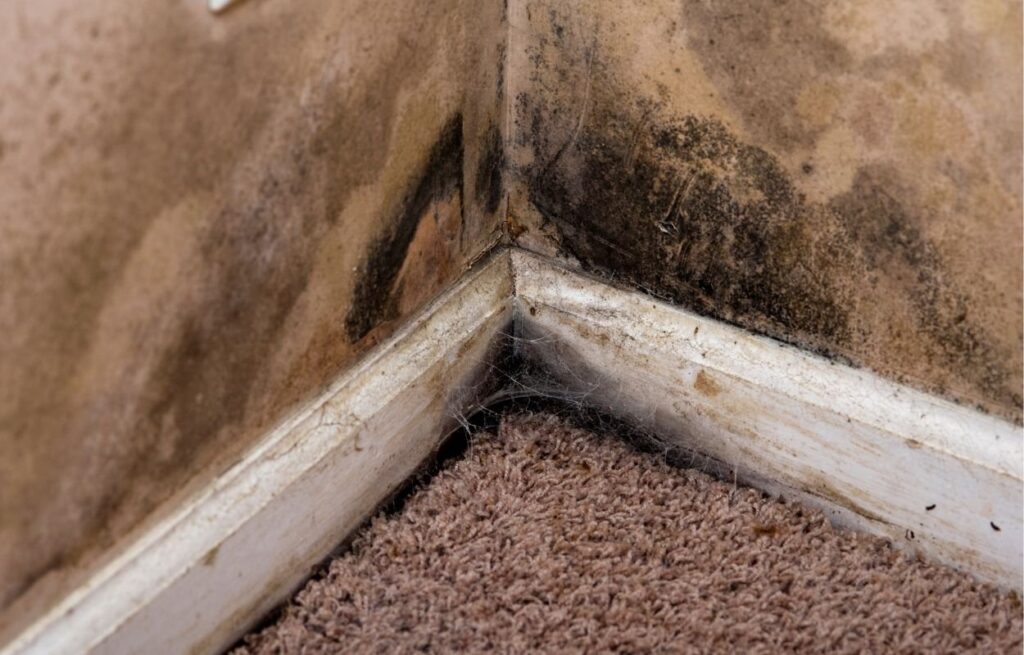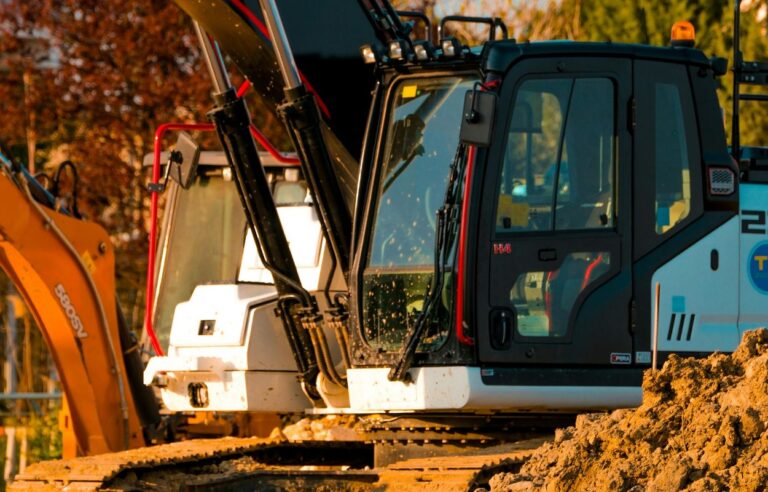
DISCLAIMER: Please note that this article is not medical advice. If you have identified mold in your home, please consult a remediation expert and/or your doctor to ensure it is safe for you to remain in your home.
Let’s be honest—no one likes finding mold in their home. It looks gross, smells musty, and just feels wrong. But beyond the “ew” factor, you might be wondering…is it actually safe to stay in a home with mold?
The short answer? It depends. But in many cases, it’s not a risk worth taking. Mold isn’t just an eyesore. It can seriously mess with your health, your indoor air quality, and even the structure of your home if left untreated.
So, if you’ve found mold—or even if you just think you might have mold—this blog’s for you. Let’s break down what you need to know in plain, simple terms.
WHAT EXACTLY IS MOLD, ANYWAY?
Mold is a type of fungus that grows in damp, humid places. It spreads by releasing tiny spores into the air. These spores are always floating around, but when they land on something damp—like a bathroom wall or a wet basement—they can grow and spread.
There are thousands of types of mold. Some are relatively harmless. Others, like black mold (Stachybotrys chartarum), can cause real health issues, especially if you’re exposed for a long time.
WHAT MOLD CAN DO TO YOUR HEALTH
Here’s where things get a bit scary. Mold can trigger all kinds of symptoms, especially for people who already have allergies, asthma, or other respiratory issues.
Some common symptoms of mold exposure include:
-
Sneezing
-
Coughing
-
Runny nose
-
Watery eyes
-
Headaches
-
Skin rashes
-
Fatigue
-
Trouble breathing
In more serious cases, mold can even lead to chronic respiratory conditions or infections. Children, older adults, and anyone with a weakened immune system are especially vulnerable.
And here’s the kicker: You don’t always need to see mold for it to affect your health. Mold often hides behind walls, under flooring, or inside insulation. You might be breathing it in without even knowing.
IS IT EVER OKAY TO STAY IN A HOME WITH MOLD?
Let’s say you’ve found some mold in your bathroom, or maybe your basement smells a little off. Do you need to pack your bags right away?
Well, not necessarily. If the mold is limited to a small area—let’s say a few spots on the shower tiles—you can probably take care of it yourself with some cleaning supplies and good ventilation.
But if the mold is widespread, or if it keeps coming back, that’s a red flag. Mold that covers large areas, or mold caused by a water leak or flood, needs professional attention. At that point, staying in the home might not be safe, especially if you or someone in your household has health issues.
HIDDEN MOLD IS A BIGGER PROBLEM THAN YOU THINK
One of the most frustrating things about mold is how sneaky it can be. Just because you don’t see it doesn’t mean it’s not there.
If your home has a musty smell that won’t go away, or if you’ve had a recent leak or flood, there’s a good chance mold is hiding somewhere. It might be behind drywall, under carpet, or inside your HVAC system.
Mold loves to grow in places with poor airflow and high humidity. Bathrooms, basements, attics, and crawl spaces are all prime real estate for mold.
WHAT TO DO IF YOU SUSPECT MOLD
If you think mold might be growing in your home, don’t ignore it. Start by checking for signs like:
-
A strong, musty odor
-
Discoloration on walls, ceilings, or floors
-
Peeling paint or wallpaper
-
Water stains or soft spots
-
Warped wood or drywall
If you spot any of these signs, call a professional for an inspection. Mold can spread fast, and the longer you wait, the harder (and more expensive) it becomes to get rid of.
This is where mold abatement in Parksville comes in. Local professionals know how to safely and effectively remove mold, even the stuff you can’t see. They’ll assess the damage, find the source of the moisture, and make sure the mold doesn’t come back.
CAN YOU JUST CLEAN IT YOURSELF?
Sometimes, yes. For small patches of mold on hard, non-porous surfaces, you can use vinegar, baking soda, or a store-bought cleaner. Just make sure to wear gloves, open the windows, and use a mask so you’re not breathing in spores.
But if the mold keeps coming back, or if it’s on materials like drywall, wood, or insulation, it’s best to call in the pros. Cleaning the surface doesn’t solve the underlying issue. The mold will just keep growing unless you remove the source of the moisture and fully treat the area.
And let’s be honest—do you really want to mess with black mold?
WHAT HAPPENS DURING PROFESSIONAL MOLD ABATEMENT?
When you hire someone for mold abatement in Parksville, you’re not just getting a quick surface clean. You’re getting a full-service approach that includes:
-
A detailed inspection
-
Mold testing (if needed)
-
Moisture detection
-
Safe removal of moldy materials
-
Cleaning and disinfecting
-
Repairs or recommendations for fixing the source of moisture
-
Prevention strategies to stop mold from coming back
The goal is not just to clean the area but to make your home safe again. Professionals use protective gear, air filters, and specialized tools to do the job right.
IS MOLD ALWAYS A HEALTH HAZARD?
Not always. Some people can live in a moldy home with little to no symptoms. Others might get sick after just a few days. It really depends on your body, your immune system, and how much mold is in the air.
That said, just because you can tolerate mold doesn’t mean you should. Mold can weaken your home’s structure over time. It can lower your indoor air quality and even reduce your home’s value if you plan to sell.
Think of it this way: Your home should be your safe space. If mold is threatening your health or comfort, it’s time to take action.
SO, SHOULD YOU STAY OR GO?
If you’ve got a mild case of mold that you can clean and control, you’re probably okay to stay while fixing it. Just make sure you’re taking the right steps to dry out the area and stop the spread.
But if the mold is severe, or if someone in your home is having symptoms, it’s safer to leave—at least temporarily. A professional can help you decide what’s best for your situation. Your health and well-being always come first.



